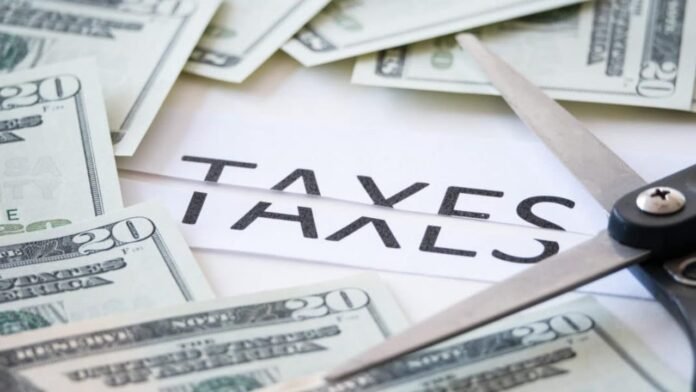Finance Minister Muhammad Aurangzeb announced the imposition of a direct tax on retailers, which will come into effect from July. He stated that they have raised the rates for non-filers to the point where they will consider it better to become filers. Everyone must pay their taxes, and Pakistan is the only country in the world with a non-filer category.
Budget Principles and Economic Stability Pakistan
Speaking in a TV program, the Finance Minister highlighted some basic principles outlined in the budget to stabilize the economy. He emphasized that Pakistan cannot progress with a tax-to-GDP ratio of 9.5%. This ratio needs to gradually increase to 13% over the next three years. He questioned how the country could afford the reported exemptions of 3.9 trillion rupees. Consequently, some exemptions have been reduced. For instance, sales tax will not be applied to pesticides, fertilizers, and seeds.
Inclusion of Retailers in the Tax Net Pakistan
Addressing the exclusion of retailers from the tax net, Aurangzeb explained that 33,000 retailers have registered. From July onwards, these retailers will be subject to the new tax regulations. He acknowledged the departments and ministries that should not be under the federal government, mentioning that the Prime Minister has established a committee to review this matter.
Collaboration with Political Parties
The Finance Minister assured that the government is in complete coordination with the Pakistan Peoples Party (PPP) and continues to consult on all matters. He praised the PPP’s work in public-private partnerships in Sindh and expressed confidence that they would cooperate on privatization efforts. Aurangzeb also mentioned having a very positive conversation with Ali Amin Gandapur.
The imposition of direct taxes on retailers marks a significant step towards broadening Pakistan’s tax base. The government aims to improve its tax-to-GDP ratio and stabilize the economy by raising non-filer rates and encouraging compliance. The Finance Minister’s discussions with political parties and stakeholders reflect a collaborative approach to implementing these changes and ensuring sustainable economic growth.


